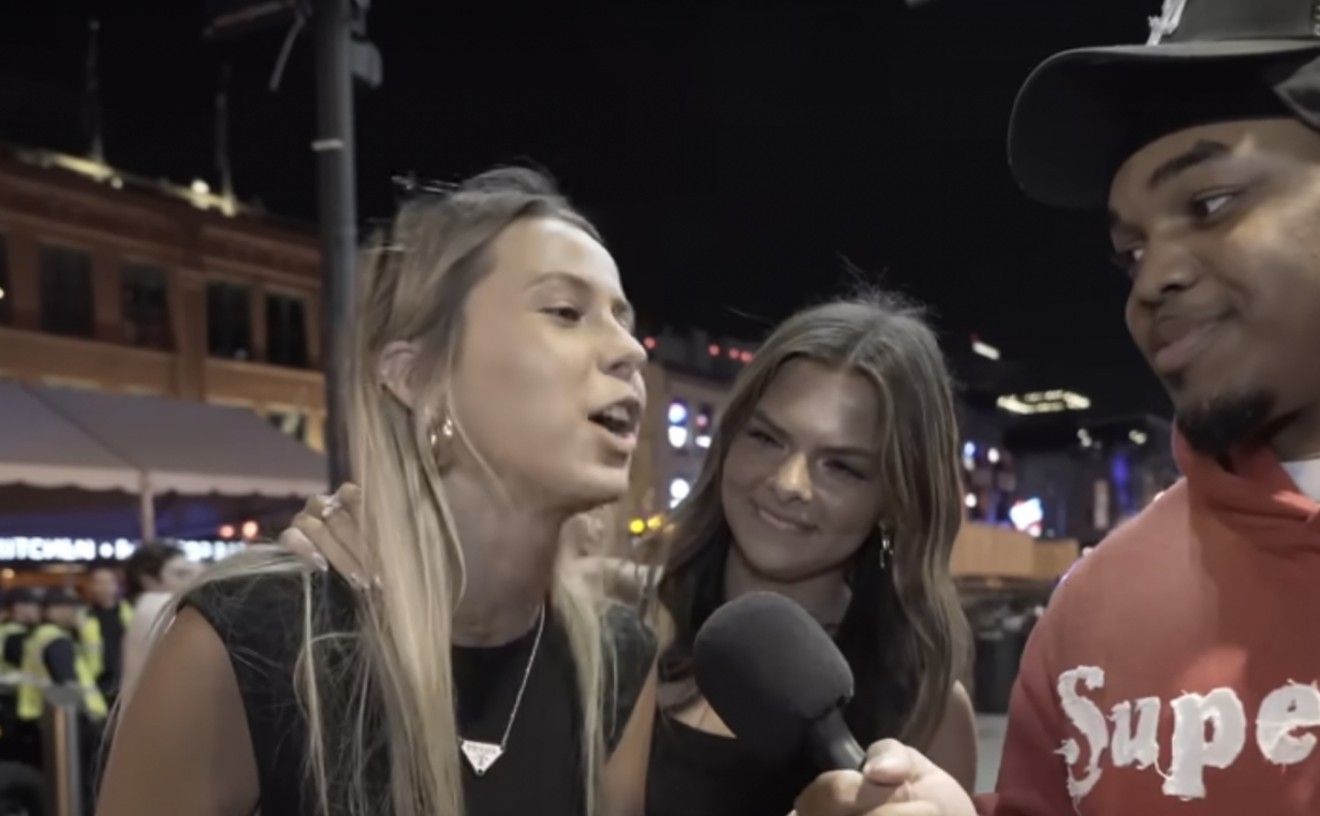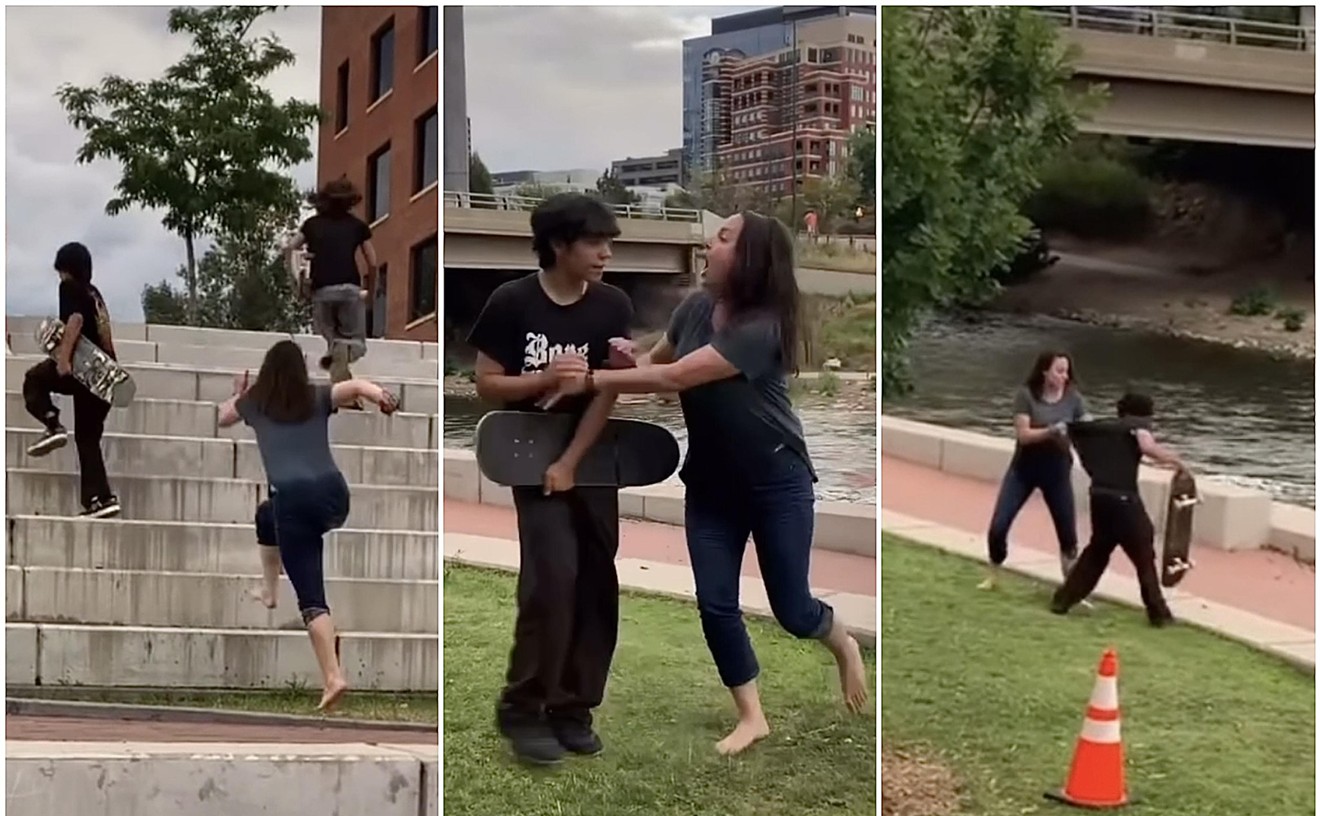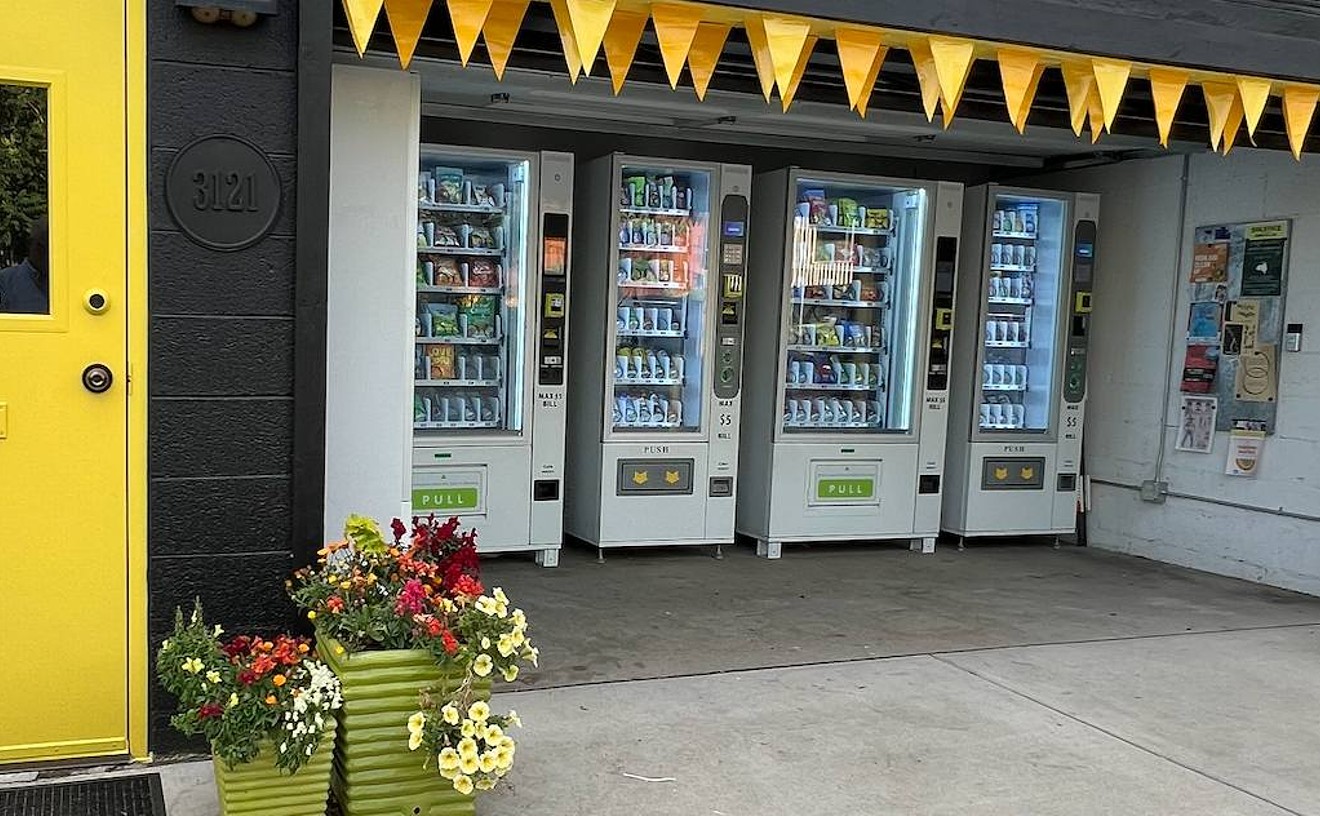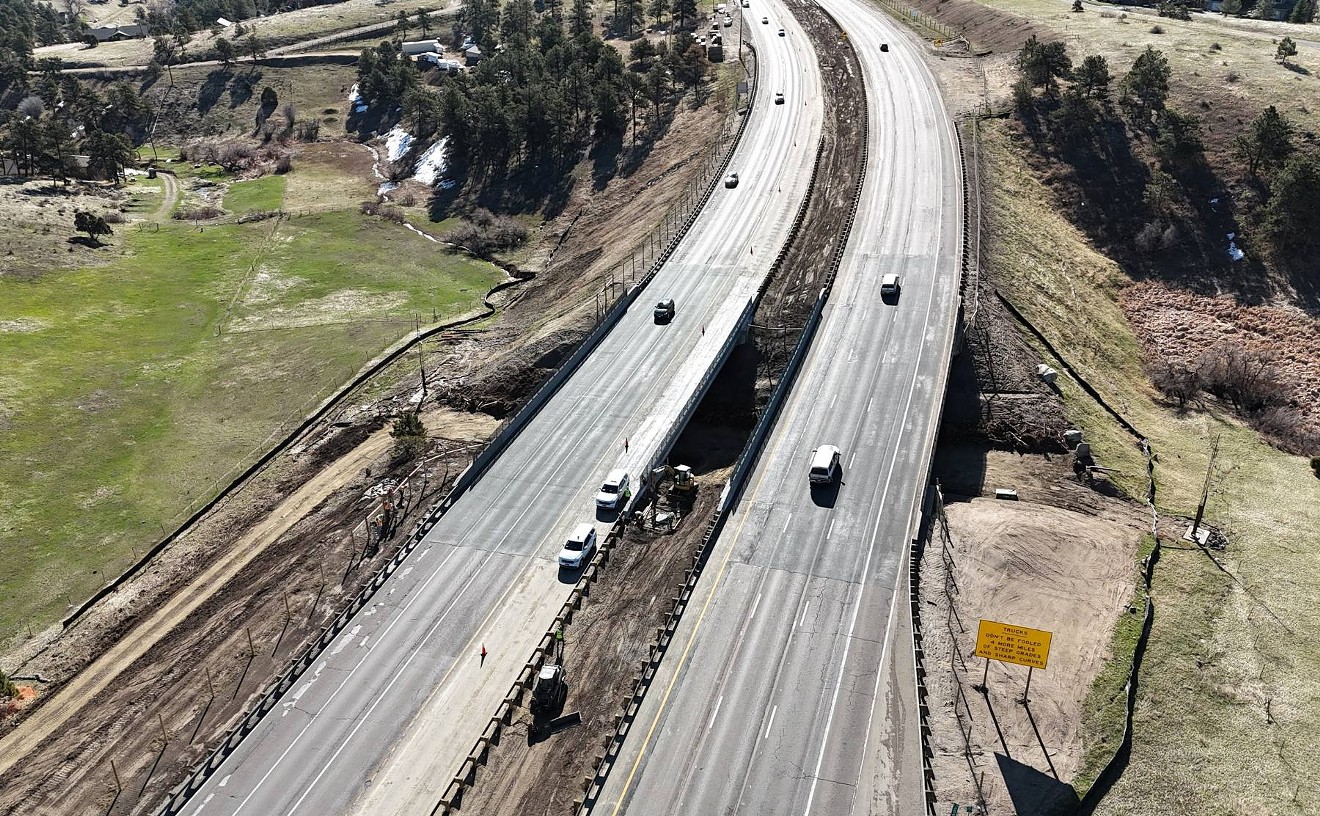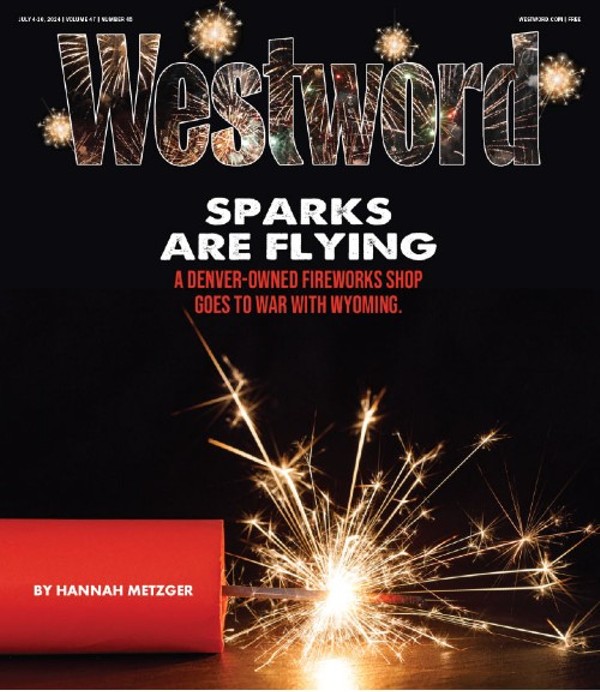On May 3, a 10th Circuit U.S. Court of Appeals panel vacated a January 2021 lower court ruling that placed restrictions on how the City of Denver can sweep homeless encampments.
In their 32-page ruling, Judge Michael R. Murphy and Judge Carolyn McHugh concluded that a settlement agreement from a lawsuit related to homeless encampment sweeps, known as the Lyall Settlement, precluded the homeless plaintiffs in the case before the 10th Circuit from receiving a remedy, since their claims were also about homeless sweeps. The Lyall Settlement agreement, which required the city to provide a week's notice before sweeping encampments, had released Denver from a broad range of due-process liabilities related to homeless sweeps, the two judges stated in their opinion.
The City of Denver will still provide seven days' notice before sweeping encampments. But under this ruling, the city will no longer need to provide at least 48 hours' notice before sweeping encampments in exigent public health and safety circumstances.
The ruling from the appeals panel vacates an order from Judge William J. Martinez of the U.S. District Court of Colorado. In January 2021, he'd ordered in a preliminary injunction that the City of Denver had to abide by the Lyall Settlement agreement, which Martinez oversaw, and provide at least a week's notice before sweeping encampments. Martinez also added the provision about 48 hours' notice for exigent circumstances.
Andy McNulty, a Killmer, Lane and Newman attorney who has been representing the plaintiffs, which include Denver Homeless Out Loud and ten people experiencing homelessness, vows to appeal the ruling.
"It’s obviously a disappointing ruling in that basically, the court decided this on a technicality rather than addressing the merits of what happened to a number of unhoused folks who were swept and the lower court said their constitutional rights were violated," McNulty says, noting that he will file a petition within two weeks to have the full 10th Circuit Court of Appeals review the case.
Meanwhile, the City of Denver has welcomed the ruling.
"We're pleased with the decision," says Jacqlin Davis, a spokesperson for the Denver City Attorney's Office. "The city has and will continue to honor its commitments as set forth in the Lyall Settlement agreement we previously entered into with the class of people experiencing homelessness. We will continue to coordinate the efforts of our city's various agencies in order to better support and serve people experiencing homelessness." The Lyall Settlement requires the City of Denver to provide at least a week's notice before sweeping encampments, a provision that the city did not always follow — which was part of the impetus for the October 2020 lawsuit.
In their ruling, judges Murphy and McHugh acknowledged that lawyers from the City Attorney's Office had failed to actually argue that the Lyall Settlement agreement precluded the preliminary injunction remedy during the preliminary injunction litigation. In fact, Denver lawyers had filed a motion that brought up a preclusion argument, but Martinez dismissed this motion for procedural defects.
The City Attorney's Office did not refile a motion talking about preclusion until after the preliminary injunction was issued, nor did they raise the preclusion issue in briefings before the appeals court. Still, the two appeals judges decided to focus on the preclusion principle sua sponte, which is Latin for "of their own accord."
"The problem with this ruling is that it basically shuts the courthouse doors to an entire class of folks and says if they can no longer enforce their constitutional rights, and it does so to some of the most powerless people in the city, state and maybe even country — folks who are experiencing homelessness," McNulty says. "It’s a really problematic ruling, from my perspective."
Judge Veronica S. Rossman, who was on the appeals panel and dissented from the two other judges, wrote in a lengthy opinion that their ruling was "unwarranted" and "unprecedented."
Here's the full ruling:
[
{
"name": "Air - MediumRectangle - Inline Content - Mobile Display Size",
"component": "12017618",
"insertPoint": "2",
"requiredCountToDisplay": "2"
},{
"name": "Editor Picks",
"component": "17242653",
"insertPoint": "4",
"requiredCountToDisplay": "1"
},{
"name": "Inline Links",
"component": "18838239",
"insertPoint": "8th",
"startingPoint": 8,
"requiredCountToDisplay": "7",
"maxInsertions": 25
},{
"name": "Air - MediumRectangle - Combo - Inline Content",
"component": "17261320",
"insertPoint": "8th",
"startingPoint": 8,
"requiredCountToDisplay": "7",
"maxInsertions": 25
},{
"name": "Inline Links",
"component": "18838239",
"insertPoint": "8th",
"startingPoint": 12,
"requiredCountToDisplay": "11",
"maxInsertions": 25
},{
"name": "Air - Leaderboard Tower - Combo - Inline Content",
"component": "17261321",
"insertPoint": "8th",
"startingPoint": 12,
"requiredCountToDisplay": "11",
"maxInsertions": 25
}
]






